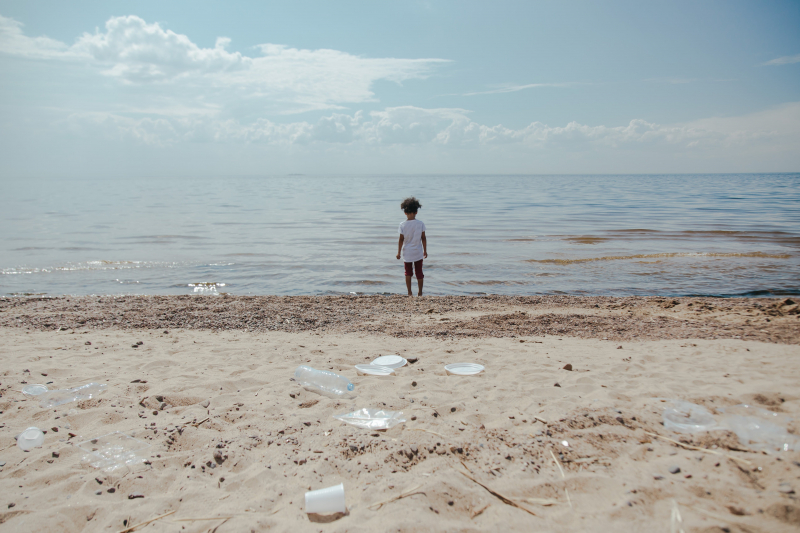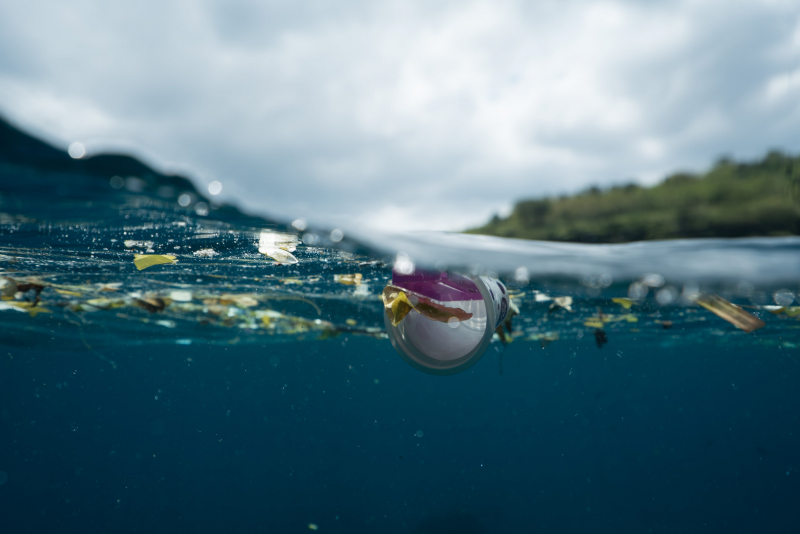Pollution on The Ocean
Essay topic: Causes and Effects of Pollution on the Ocean
Answer:
Pollution in the ocean has become a critical environmental issue, posing severe threats to marine life and ecosystems. This essay delves into the causes of ocean pollution and explores its cascading effects on the delicate balance of marine environments.
One significant cause of ocean pollution is industrial discharge. Factories and manufacturing facilities often release pollutants directly into water bodies, introducing chemicals, heavy metals, and toxins into the ocean. These substances can have detrimental effects on marine organisms, disrupting their physiology, reproductive cycles, and overall health. Oil spills, another form of industrial pollution, have catastrophic consequences, coating marine habitats and devastating wildlife.
Agricultural runoff represents another major contributor to ocean pollution. The use of fertilizers and pesticides in farming activities leads to the runoff of these chemicals into rivers and ultimately the ocean. Excessive nutrient runoff can result in harmful algal blooms, depleting oxygen levels in the water and creating "dead zones" where marine life cannot thrive. The disruption of the marine food web and the loss of biodiversity are direct consequences of this type of pollution.
Plastic pollution is a pervasive and visible form of ocean contamination. Improper disposal of plastic waste, along with the breakdown of larger plastic items into microplastics, has become a significant threat to marine life. Animals such as sea turtles, fish, and seabirds often mistake plastic debris for food, leading to ingestion and subsequent health issues. Additionally, the accumulation of microplastics in the ocean poses long-term risks, as these particles can enter the food chain, affecting human health as well.
The effects of ocean pollution are far-reaching. Marine ecosystems, already vulnerable to climate change and overfishing, face additional stressors from pollution. Coral reefs, vital habitats for numerous species, are particularly sensitive to water contamination. Pollution can lead to coral bleaching, a phenomenon that weakens and eventually kills the corals, depriving countless marine organisms of their homes and breeding grounds.
In conclusion, the causes of ocean pollution are diverse, ranging from industrial discharges and agricultural runoff to plastic waste. The effects extend beyond marine life, affecting ecosystems, biodiversity, and even human health. Recognizing the urgency of addressing these causes and implementing sustainable practices is crucial for the preservation of the oceans and the myriad species that depend on them.












